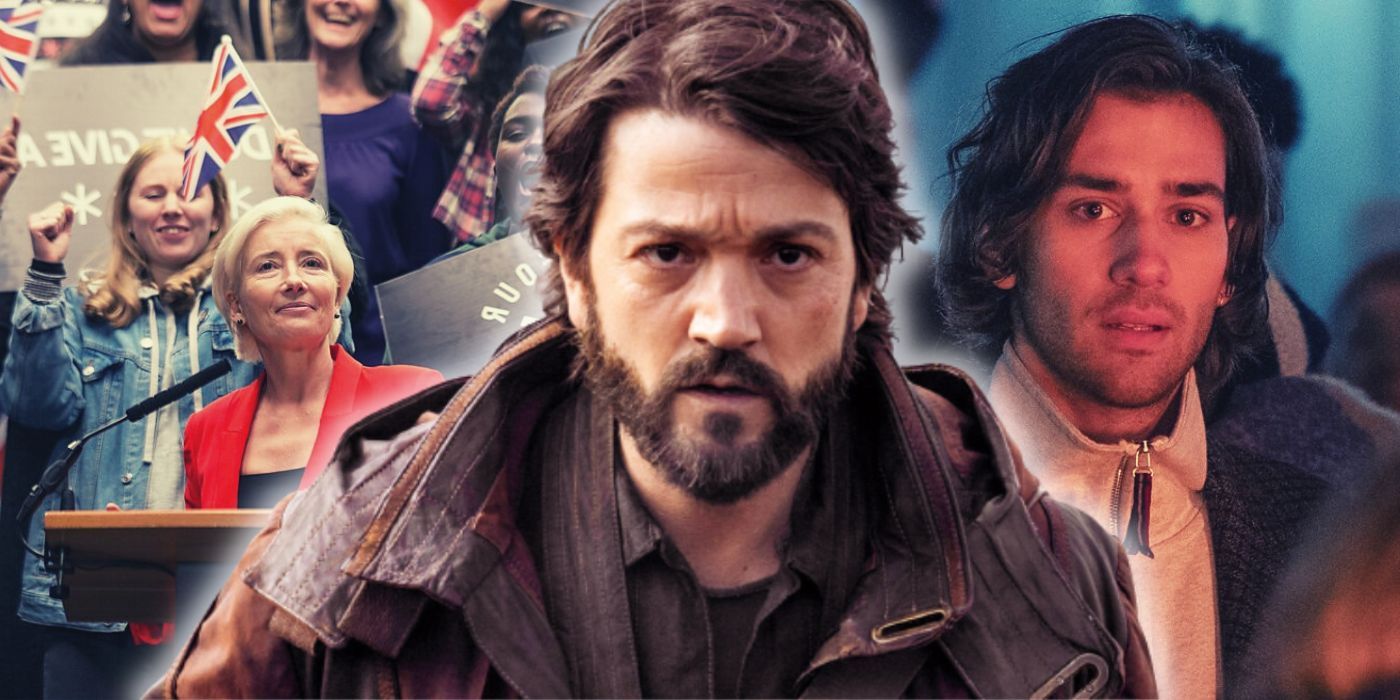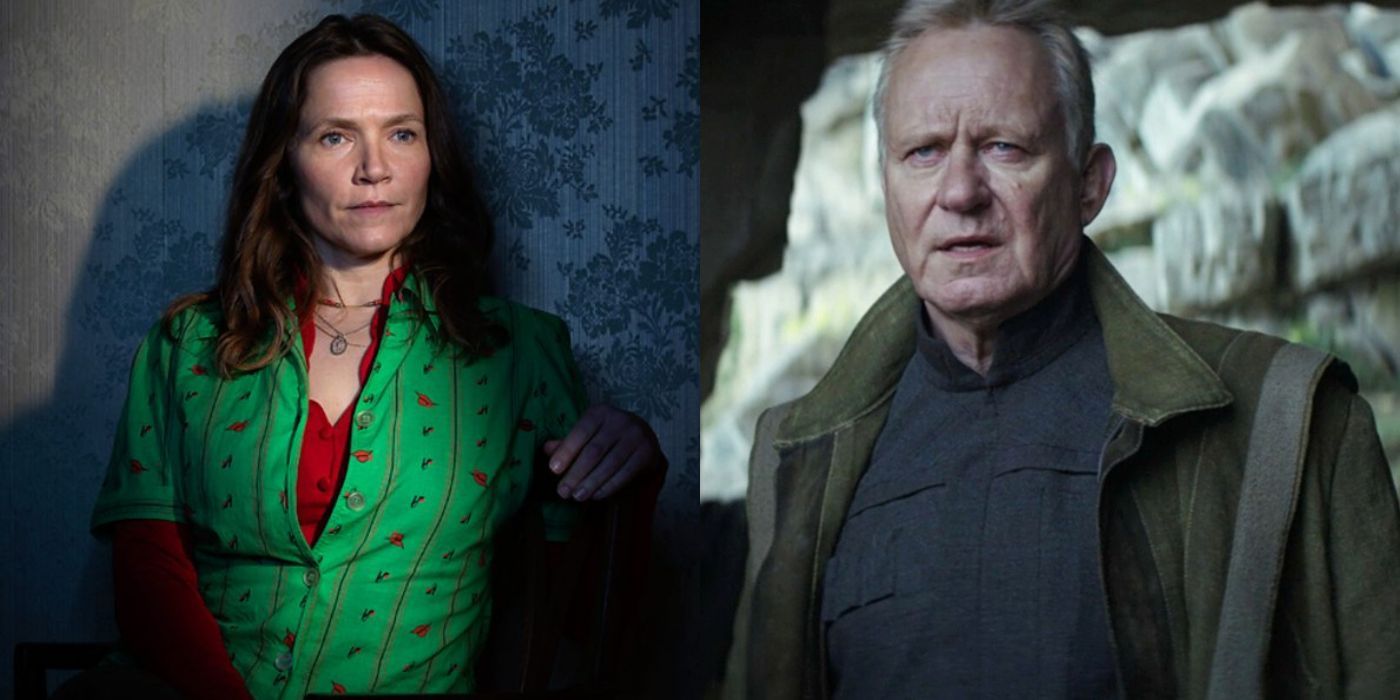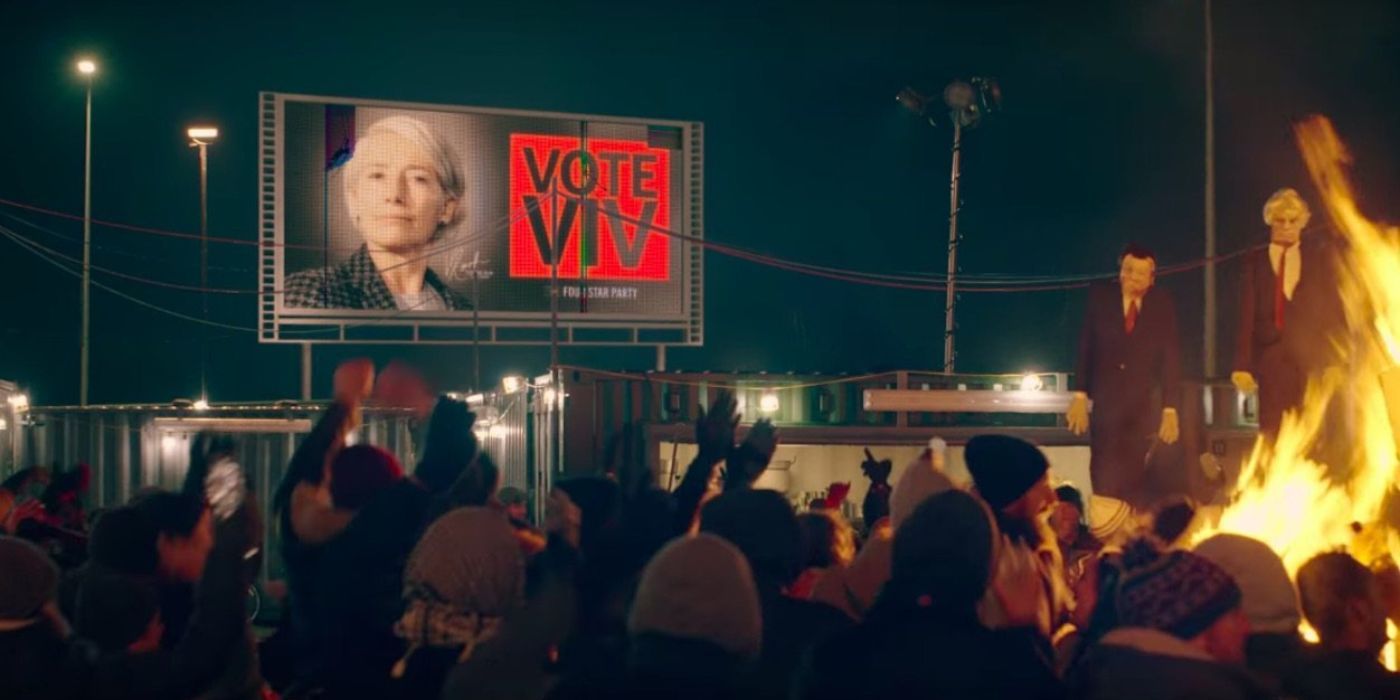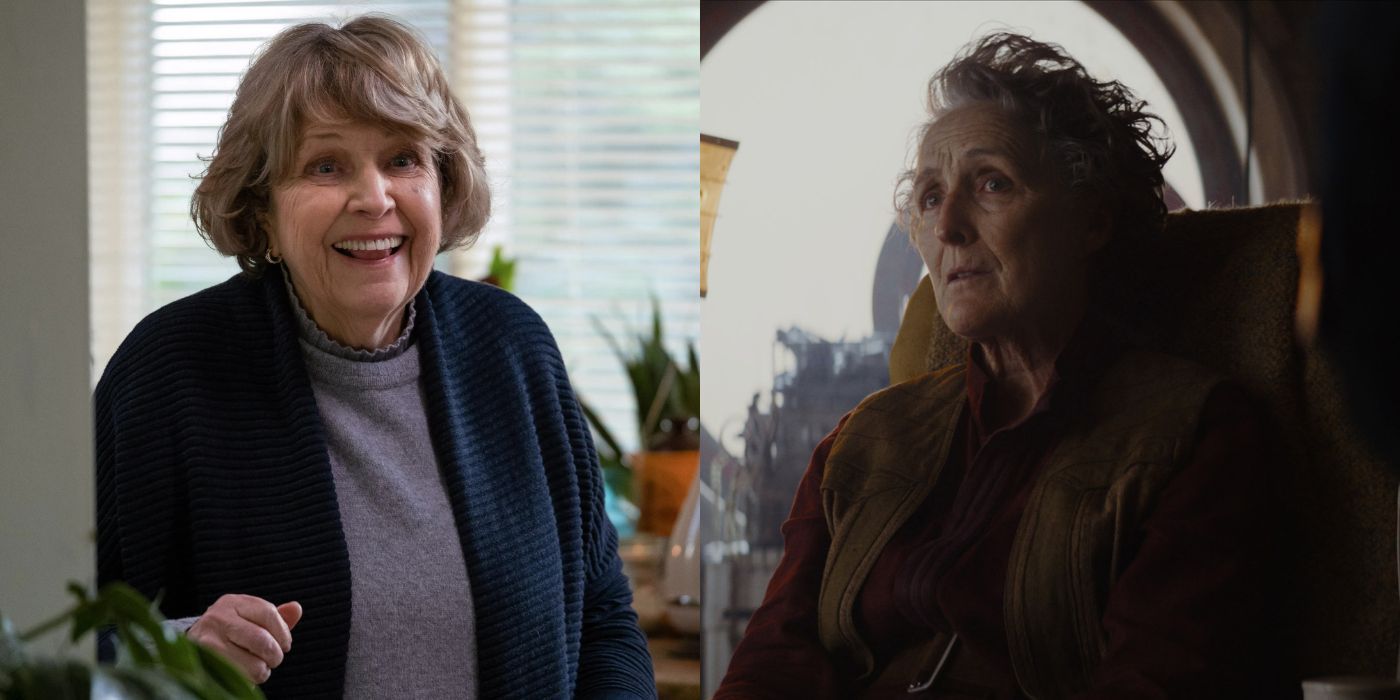In a galaxy that has come to a standstill amid a despotic Galactic Empire, Andor boldly showcases Star Wars' dystopian roots that George Lucas originally envisaged, but this time through an unfiltered and nitty-gritty lens that did not hold back, using inspirations from real-world and relevant authoritarianism and fighting it with powerful sermons of rebellion and hope. Andor has not been the first to do this, especially since the series took inspiration from George Orwell's 1984 as well as George Lucas' directorial debut THX 1138, but one series in particular that Andor shares its dystopian ideas with is Russell T. Davies' Years and Years.
Russell T. Davies, known for Doctor Who, Queer as Folk, and It's a Sin, had all eyes watching the television in 2019 with his dystopian miniseries Years and Years. The tale focused primarily on an ordinary family trying to survive in an ever-changing world that only grows worse and worse under an authoritarian government and its tyrannical rule. Like Andor, the series also focused on the ordinary person rising up to fight against totalitarianism. While Years and Years may share current real-world politics and political parties, Andor does a phenomenal job using autocratic systems to portray its fictional Galactic Empire, and as a result, the two shows are more similar than many realize.
Both Andor and Years and Years Explore an Ever-Changing World
The Ordinary Man is a dystopian trope where a protagonist goes from zero to hero. Starting from living the same life as everyone else until they are prompted by a despotic regime to take action and fight for a better world, much like 1984's Winston or The Handmaid's Tale's Offred. This is present on both series as Diego Luna's Cassian Andor eventually has no choice but to join the Rebellion and fight against the Empire's tyrannical rule, which matches the characters from Years and Years, who are introduced watching the world progressively deteriorate through their television screens until they have to don the roles of activists and fighters.
One particular character from Andor who picks up the call to fight the Empire is Stellan Skarsgård's Luthen Rael. Hiding in shadows, traversing treacherous lands, and assembling teams to fight the Empire in any way he can mirrors the journey of a certain character from Years and Years. Jessica Hynes' Edith Lyons is an activist and campaigner, who throws herself head-first into the fray, liberating labor camps, dismantling corrupt corporations, and navigating nuclear-devastated terrain to fight tyranny. The latter even takes a negative toll on her health, yet she continues to fight, much like Luthen, who says, "I burn my life to make a sunrise I'll never see." This quote couldn't be more true for Edith Lyons after she learns just how much the radiation has taken its toll. The only difference between the two is that, while Edith charges into battle with no concern for her own image and safety, Luthen hides in the shadows, acting as an agent.
Years and Years Features Its Own Phantom Menace
The threat of Star Wars' Emperor Palpatine is felt throughout Andor. His rule sparks fear and violence in the galaxy without him saying a word or even being present. Years and Years has its own phantom menace in the form of Emma Thompson's Vivienne Rook. A foreboding background entity, Vivienne Rook only appears through a television screen for the majority of the series, unless a protagonist is physically in the room with her. Even as the first episode draws to an action-packed close as the fictional island of Hong Sha Dao is nuked, her presence is felt despite no physical appearance. This is the world she warned people of moments before. And she was right.
When harmful and bigoted social figureheads like her happen to be right about something, it's game over. They get the people's attention, and they win. As the impact of the nuke is felt across the globe, Rook's smiling face looms on an advertisement above immigration housing units as the people dance around burning effigies of political leaders. The crowds chant thunderous roars, celebrating as if it's the end of the world or the start of something worse. This is what a reckoning sounds like, Maarva Andor would say.
Years and Years and Andor Show the Power of Fighting Back
Andor's Maarva shares an alarming similarity with Years and Years' Muriel, as they both play the role of the wise, older matriarch. Years and Years' climactic and action-fueled finale begins surprisingly simple, with a speech from Anne Reid's character Muriel. Russell T. Davies writes a beautiful monologue that hits the nail on the head and shows the root of evil isn't always external factors out of people's control. More often, the root of evil is the average person's willing compliance with a system. It's much easier to, as Muriel puts it, "huff and puff and put up with it" because it is. Complaining about the world but being unwilling to fight to change it is exactly how rulers like Emperor Palpatine or Vivienne Rook have so much power.
Similarly, Fiona Shaw's Maarva Andor preaches a message about opposing compliance and promoting rebellion in Andor's finale, leading to the uprising of Ferrix citizens against the Empire's forceful hand. Her final words, "Fight the Empire" spark rebellion once again, showing there is something every person can do no matter how ordinary. Muriel's speech from Years and Years' finale leads to her granddaughter, Edith Lyons, liberating a concentration camp and her other granddaughter, Rosie Lyons, sticking it to the man by driving through the gates that keep Rosie and her children penned in their supposed "crime-ridden" estate. As Muriel and Maarva show, words do have power, as they can inspire action, and action has even more power.




